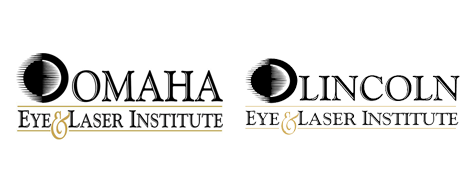
You may think that our eyes only produce tears when we experience sadness, but the truth is that our eyes naturally produce basal tears to protect the cornea from the environment with every blink. Basal tears, which are formed in glands located near the eyes, also provide necessary nourishment to the cells in our eyes. But if you are experiencing symptoms such as scratchy eyes, stinging, and other symptoms, you could be suffering from dry eye syndrome . This condition affects millions of Americans.
Is Dry Eye A Big Deal?
Yes. Dry eye happens when either the quality of the basal tears changes or the quantity produced is no longer adequate to keep the surface of your eyes properly lubricated. Because the tears meant to protect the surface of our eyes also help us focus the light that we see, your vision may be affected if you have dry eye. Women get dry eye more often than men, and the risk of dry eye increase with age.
Dry Eye Symptoms
Typical symptoms of dry eye include:
- Scratchy sensation in the eyes
- Sensation of something in your eye
- Stinging
- Burning
- Excess tearing followed by dryness
- Redness of the eye
- Sensation of heavy eyelids
- Vision may be blurred
Causes Of Dry Eye
Dry eye can be caused by numerous things like:
- Decreased basal tear production
- imbalanced tear composition
- Increased tear evaporation
Possible Contributing Factors For Dry Eye
- High blood pressure has been associated with dry eye
- Parkinson’s disease also has been found to be a potential contributing factor
- Dry eye risk increases with age, commonly affecting many in their 50s and older
- Lupus, rheumatoid arthritis, thyroid disorders, and other autoimmune conditions have been linked to dry eye.
- Vitamin A deficiency and diabetes are also associated with the condition
- Risk is higher for women due to hormonal changes during pregnancy and menopause, and due to their higher incidence of developing autoimmune diseases
- Seasonal allergies, as well as windy or smoky environments are known to increase the rate of tear evaporation
- Various medications, including those taken for anxiety, decongestants, and hormone replacement therapy (HRT) to reduce menopause symptoms
Dry Eye Treatment
If you suspect you have dry eye, you should make an appointment with your eye doctor at Omaha Eye & Laser Institute. If diagnosed, you may also consider talking to your general practitioner about possible medication changes to those that do not contribute to dry eye. If your symptoms are mild, over-the-counter artificial tears will provide relief.
Other dry eye treatment options include cutting back on screen time, investing in wrap-around sunglasses that block wind to the eyes when outside, and warm lid compresses may help.
If you smoke, or your partner does, quitting is highly recommended as constant exposure to smoke contributes to dry eye.
If these steps don’t totally relieve your symptoms, your doctor may add prescription medication to your dry eye treatment plan.
Surgery For Dry Eye
In some cases, dry eye surgery may be recommended. During this procedure, an eye surgeon will insert silicone or collagen plugs in the inner corner of the eyes to prevent tears from draining. This procedure helps your eyes keep tears in the eyes for longer. It also helps the eyes produce higher quality tears.
You may be tempted to try and self-diagnose yourself with dry eye, but the only way to know for sure is to visit your eye doctor at Omaha Eye & Laser Institute! Schedule your consultation today and get relief.





